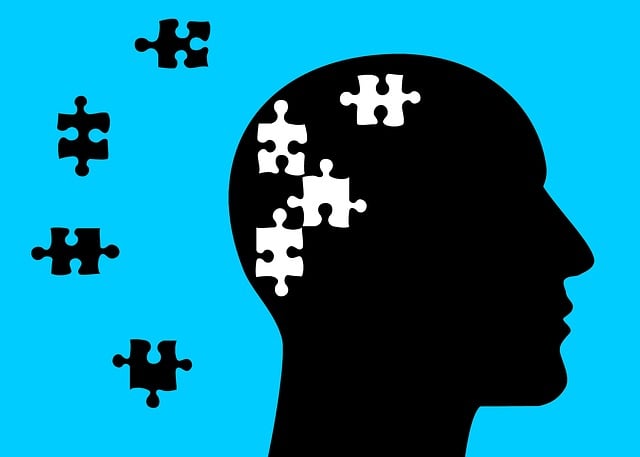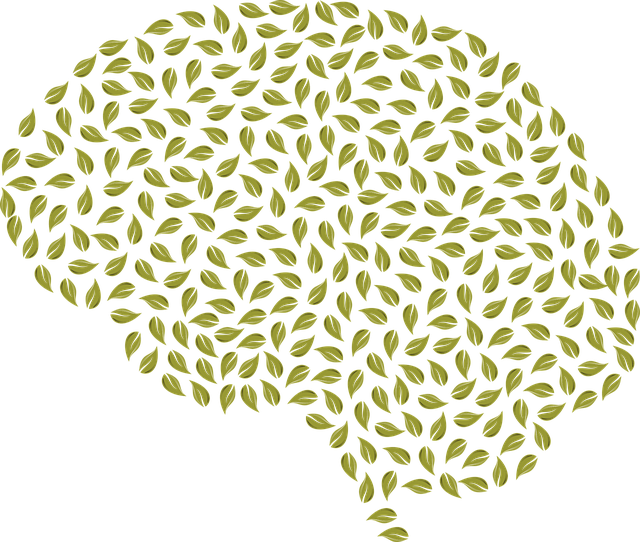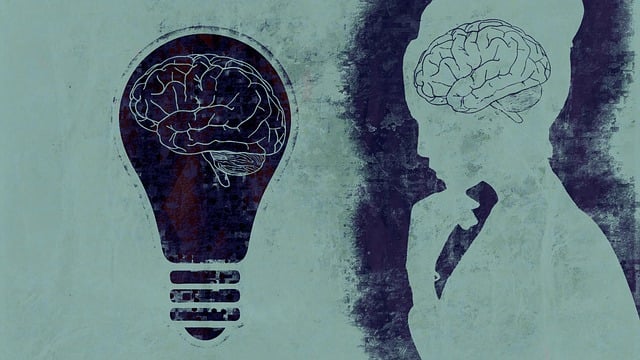Mental health is a crucial aspect of overall well-being, influenced by genetics, environment, and life experiences. In areas like Englewood, where codependency therapy has proven successful, addressing mental health builds resilience and improves quality of life. Programs like the Mental Wellness Podcast Series destigmatize mental wellness conversations, offering practical strategies for mood management and confidence-building. Comprehensive mental health education, incorporating diverse curricula, practical exercises, and real-life scenarios, empowers individuals to take control of their emotional well-being. The Englewood Codependency Therapy (ECT) Program exemplifies effective mental health education through holistic healing practices, group therapy, workshops, tailored self-care, regular assessments, and feedback loops, fostering sustainable self-care adoption.
Mental health is a cornerstone of overall well-being, yet it often goes unnoticed until crises arise. This article explores the critical need for comprehensive mental health education programs, using the Englewood Codependency Therapy (ECT) model as a case study. We delve into understanding mental health’s profound impact on individuals and communities, identifying gaps in education, designing effective curriculum, and evaluating successful implementation. By examining ECT’s strategies, we aim to equip readers with insights for creating impactful mental health literacy initiatives.
- Understanding Mental Health and Its Impact on Individuals and Communities
- Identifying the Need for a Comprehensive Education Program
- Designing Effective Curriculum and Activities for Mental Health Literacy
- Implementing and Evaluating the Englewood Codependency Therapy Program
Understanding Mental Health and Its Impact on Individuals and Communities

Mental health is a fundamental aspect of overall wellness, influencing how individuals think, feel, and act in their daily lives. It encompasses emotional, psychological, and social well-being, affecting one’s ability to cope with stress, make choices, and relate to others. Understanding mental health involves recognizing that it varies across different populations and cultures, with factors like genetics, environment, and life experiences playing significant roles in its formation.
In communities such as Englewood, where codependency therapy has shown promise, addressing mental health issues is crucial for fostering resilience and enhancing the overall quality of life. Engaging in conversations about mental wellness through the production of a Mental Wellness Podcast Series can be a powerful tool to destigmatize these discussions. By offering insights into mood management techniques and confidence-boosting strategies, such initiatives empower individuals to take charge of their mental health and create supportive environments within their communities.
Identifying the Need for a Comprehensive Education Program

In today’s fast-paced world, mental health issues have become increasingly prevalent, affecting individuals across all demographics. This heightened awareness underscores the pressing need for comprehensive education programs that can equip people with the knowledge and skills to navigate their emotional well-being effectively. Engaging in open conversations about mental health, particularly through platforms like Englewood Codependency Therapy, is a game-changer. It breaks down barriers and fosters an environment where individuals feel comfortable seeking help before it’s too late.
A well-designed education program should go beyond simply raising awareness; it must address the root causes of common mental health challenges such as burnout prevention, depression prevention, and compassion cultivation practices. By integrating these strategies into educational curricula, we empower individuals to build resilience, enhance self-care, and cultivate supportive relationships – all crucial elements in maintaining a healthy mind. Such programs have the potential to revolutionize how society perceives and addresses mental health concerns, ultimately leading to happier, healthier communities.
Designing Effective Curriculum and Activities for Mental Health Literacy

Effective mental health education programs begin with a robust curriculum design that addresses various aspects of mental wellness. The curriculum should be tailored to different learning styles and ages, incorporating interactive activities that engage participants actively in their mental health journey. For instance, combining theoretical lectures on stress management with practical exercises like mindfulness meditation or cognitive-behavioral therapy techniques can create a well-rounded experience.
Incorporating real-life scenarios and case studies, especially those relevant to Englewood Codependency Therapy, allows learners to apply their knowledge in relatable contexts. Additionally, integrating a Mental Wellness Podcast Series Production component can enhance learning by providing diverse perspectives and personal stories, fostering open discussions, and encouraging self-reflection. These activities not only improve mental health literacy but also equip individuals with practical tools for maintaining and enhancing their overall well-being.
Implementing and Evaluating the Englewood Codependency Therapy Program

The Englewood Codependency Therapy (ECT) Program serves as a powerful case study for designing effective mental health education initiatives. This community-based program focuses on addressing codependency issues within individuals and families, offering a holistic approach to healing and personal growth. By combining group therapy sessions, educational workshops, and self-care practices tailored to the specific needs of participants, ECT fosters a supportive environment where individuals can navigate their trauma and develop healthy coping mechanisms.
Evaluating the success of such programs is paramount for understanding their impact and identifying areas for improvement. Regular assessments through surveys, interviews, and participant feedback allow for a comprehensive Mental Health Policy Analysis and Advocacy, ensuring that the program aligns with the evolving needs of the community. This iterative process enables continuous enhancement, thereby optimizing the effectiveness of Trauma Support Services and encouraging individuals to embrace sustainable Self-Care Practices within their daily lives.
Mental health education programs, such as the Englewood Codependency Therapy initiative, play a pivotal role in fostering resilience and well-being. By integrating comprehensive curriculum and interactive activities, communities can empower individuals to recognize mental health issues early on, promote self-care, and build supportive networks. The success of these programs lies in their ability to create safe spaces for learning and dialogue, ultimately contributing to improved mental health outcomes at both the individual and community level.














